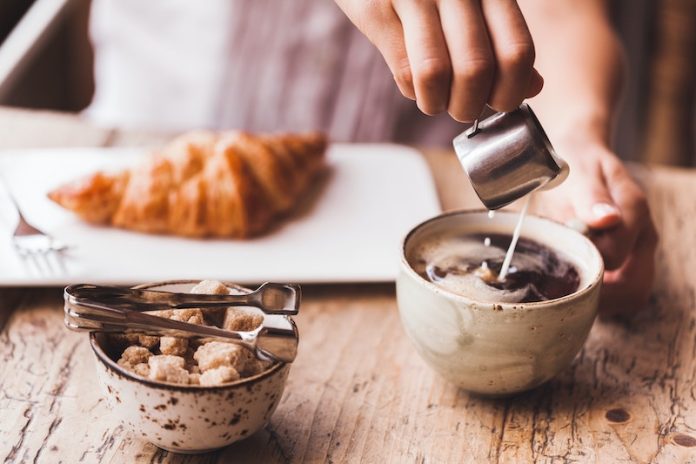
Decaf coffee could help alleviate the symptoms of caffeine withdrawal, a new study by the University of Sydney has found.
This holds true even if individuals know that they are drinking decaf, revealing a new “open-label placebo effect.”
Approximately 90% of adults consume coffee daily. These frequent drinkers may experience withdrawal symptoms such as headache, fatigue, mood swings, and irritability if they don’t get their caffeine fix.
The study, published in the Journal of Psychopharmacology, found that drinking decaf coffee can reduce these symptoms, irrespective of whether the participants knew it was decaf or not.
The research, led by Dr. Llew Mills, a Senior Research Associate at the School of Addiction Medicine, involved 61 heavy coffee drinkers who consume three or more cups a day.
After 24 hours of caffeine deprivation, the participants were divided into three groups.
Two groups were given decaf coffee – one group was told truthfully that it was decaf, while the other was led to believe it was regular coffee. The third group, serving as the control, was given water.
After 45 minutes, all participants were asked to rate their withdrawal symptoms again.
The group deceived into thinking that the decaf was regular coffee reported a significant reduction in caffeine withdrawal symptoms, indicating a placebo effect.
Intriguingly, even those who knew they were drinking decaf saw their withdrawal symptoms lessen, albeit not as much as the group that was lied to.
This response is known as an open-label placebo effect, a phenomenon that occurs even when one is aware they are getting a placebo.
“Years of associating the taste and smell of coffee with withdrawal reduction means decaf can elicit a conditioned withdrawal reduction effect even without the caffeine, and even, it turns out, without the expectation,” explained Dr. Mills.
However, he warned that the open-label placebo effect was likely short-lived and wouldn’t suppress withdrawal indefinitely.
This study showcases the significant influence of cognitive factors, like what we expect and our perceptions of the drugs in our body, on how we experience withdrawal symptoms.
Dr. Mills suggested that a cup of decaf could aid individuals attempting to reduce their caffeine intake by temporarily alleviating the worst cravings.
He also noted that the study’s findings could have broader implications. “What we found has some promise for developing new treatments for addiction that integrate placebo effects,” he said.
If you care about nutrition, please read studies about how Mediterranean diet could protect your brain health, and the best time to take vitamins to prevent heart disease.
For more information about health, please see recent studies about plant nutrients that could help reduce high blood pressure, and these antioxidants could help reduce dementia risk.
The study was published in the Journal of Psychopharmacology.
Copyright © 2023 Knowridge Science Report. All rights reserved.



